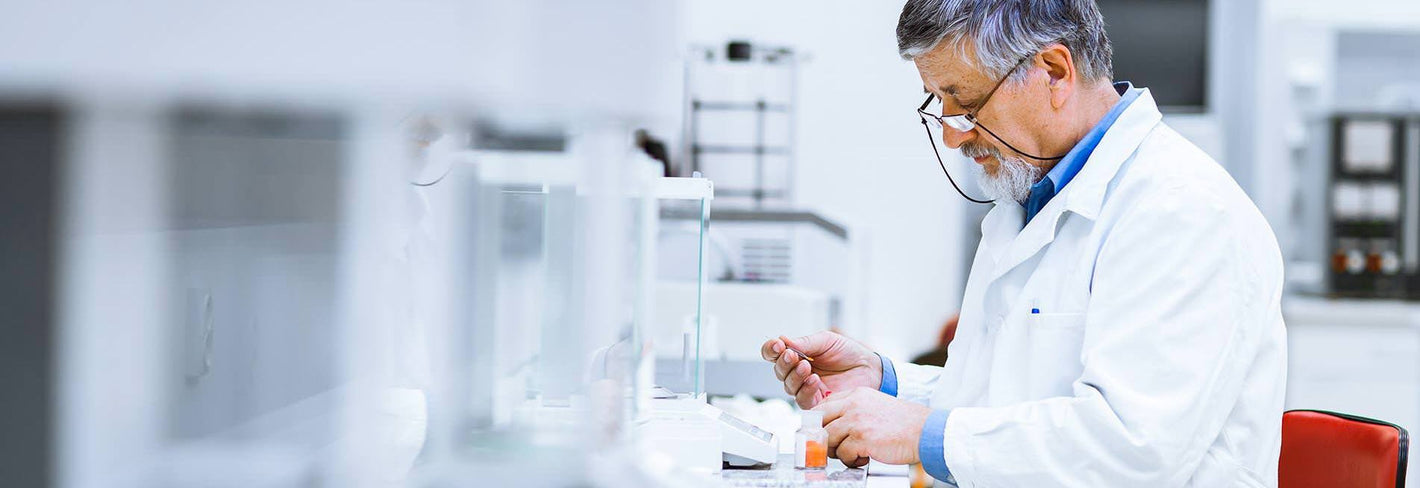
What the Medical Studies are Saying about Astaxanthin
Over 300 human studies show astaxanthin’s potential in supporting optimal health. Here are just a few snippets from some recent studies.
Astaxanthin may reduce soccer player muscle damage
This double blind trial gave 4mg of astaxanthin daily or placebo to 40 young soccer players and through blood tests, found better results in the Astaxanthin group for inflammation, immune system function and muscle recuperation. They concluded Astaxanthin reduces muscle damage, preventing inflammation induced by rigorous training. Published in Evidence-Based Complementary and Alternative Medicine.
Astaxanthin shows potential for brain health – Human study
This study showed twelve weeks of supplementation with Astaxanthin were associated with significant reductions in phospholipid hydroperoxides, known to accumulate abnormally in the red blood cells of people with dementia, compared to the placebo. Published in the British Journal of Nutrition.
Astaxanthin may protect skin from within
This study found that dietary supplementation of Astaxanthin effectively prevented features of photoaging such as transepidermal water loss, and wrinkle formation in the skin of mice exposed to UVA radiation, published in PLoS One.
Astaxanthin shows anti-diabetic potential
Astaxanthin may protect cells exposed to high-glucose levels which happens with diabetes from the oxidative stress associated with abnormally high blood sugar levels. High blood sugar and the oxidative stress that occurs with it are linked to many diabetic issues including kidney disease, published in the Journal of Agricultural and Food Chemistry.
Astaxanthin may extend endurance by boosting mitochondrial action
Scientists from the University of Sao Paulo report that long term supplementation with astaxanthin significantly delayed the time to exhaustion by 29% of lab rats in a swimming test. As exercise is associated with an overproduction of free radicals in muscles, with Astaxanthin they saw an increase in glutathione, limited oxidative stress and delayed exhaustion, published in Nutrients.
Study supports Astaxanthin’s immune boosting power
The study found a reduction in C-reactive protein, a marker of inflammation in the Astaxanthin groups, as well as an increase in the activity of their immune systems natural killer cells. Dietary astaxanthin was conlucded to decrease a DNA damage biomarker and enhance immune response in young healthy females. Published in Nutrition & Metabolism
Astaxanthin the perfect summer supplement – Skin protection effects
A randomized, double blind human study with 23 healthy Japanese adults over the course of 9 weeks found the Astaxanthin group had a reduction in skin moisture loss in the irradiated area compared with the placebo, published in Nutrients.
Study shows astaxanthin is effective against daily mental and physical fatigue
Visual Analogue Scale (VAS) anaylsis showed that Astaxanthin significantly reduced perceived symptoms of mental and physical fatigue compared to the placebo. These included improvements in clarity of thinking, concentration, motivation and mood. Published in the Journal of Clinical Therapeutics & Medicines.
Astaxanthin shows benefits for obese health
Researchers found daily doses of 5 or 20mg of Astaxanthin for three weeks were associated with increases in levels of the body’s own antioxidant defenses, as well as decreases in levels of oxidative species, published in Phytotherapy Research
Astaxanthin linked to improved heart health
Result from a randomized double bling studied indicated that daily supplementation of Astaxanthin reduced plasma hydroxyl fatty acids levels, indicating that astaxanthin protects sensitive fatty acids from oxidation according to the International Journal of Vitamin and Nutrition Research.
Astaxanthin supplement may improve heart rates during exercise
Data indicated that a daily 12mg dose of Astaxanthin reduced heart rate by 10% during long distance running published in Medicine & Science in Sports & Exercise.
Astaxanthin may protect skin health from within
Research from a 16 week clinic trial with 65 healthy women found that Astaxanthin may protect against wrinkles and moisture loss in skin, as well as improving skin elasticity compared to placebo according to the Journal of Clinical Biochemistry and Nutrition.
Astaxanthin consumption linked to skin rejuvenation
Four weeks of daily supplementation of 4mg per day resulted in significant reductions in markers of oxidative stress over 20% in facial skin according to results published in Nutrition Research.
Astaxanthin shows benefits against colitis
Astaxanthin was associated with a reduction in the occurrence of ulcers in the lining of the colon, as well as lower levels of pro-inflammatory compounds, according to findings published in Chemico-Biological Interactions.
Protective effects of Astaxanthin against light-induced retinal damage.
With light-induced retinal damage to both test groups, the ones that received Astaxanthin saw protection against light damage via the mechanism of its antioxidant effect, according to findings published in the Journal of Pharmaceutical Sciences.
Astaxanthin supplementation shows improvement in dry eye suffers.
In a randomised, double-blind, placebo-controlled study of astaxanthin in patients with dry eyes, researchers found a significant improvement with the Astaxanthin group compared to the control with an increase in tear production and improvement in tear film stability according to a paper published in Clinical Opthalmology.
Clinical Applications of Astaxanthin in the Treatment of Ocular Diseases: Emerging Insights
The present review aimed at providing a comprehensive evaluation of current clinical applications of astaxanthin in the management of ocular diseases. The efficacy of this carotenoid in the setting of retinal diseases, ocular surface disorders, uveitis, cataract and asthenopia is reported in numerous animal and human studies, which highlight its ability of modulating several metabolic pathways, subsequently restoring the cellular homeostatic balance. Published in the journal of Marine Drugs.





